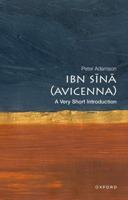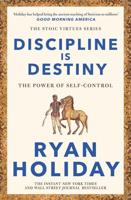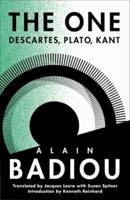Publisher's Synopsis
Post-Continental Philosophy outlines the shift in Continental thought over the last 20 years through the work of four central figures: Gilles Dailies, Alain Badiou, Michel Henry, and Francois Laruelle. Though they follow seemingly different methodologies and agendas, each insists on the need for a return to the category of immanence if philosophy is to have any future at all. Rejecting both the German phenomenological tradition of transcendence (of the Ego, Being, Consciousness, Alterity, or Flesh), as well as the French Structuralist valorisation of Language, they instead take the immanent categories of biology (Dailies), mathematics (Badiou), affectivity (Henry), and axiomatic science (Laruelle) as focal points for a renewal of thought. Consequently, Continental philosophy is taken in a new direction that engages science and nature with a refreshingly critical and non-reductive approach to life, set-theory, embodiment, and knowledge. However, each of these new philosophies of immanence still regards what the other is doing as transcendent representation, raising the question of what this return to immanence really means. John Mullarkey's analysis provides a startling answer.;By teasing out their internal differences, he discovers that the only thing that can be said of immanence without falling back into transcendent representation seems not to be a saying at all but a 'showing', a depiction through lines. Because each of these philosophies also places a special value on the diagram, the common ground of immanence is that occupied by the philosophical diagram rather than the word. The heavily illustrated final chapter of the book literally outlines how a mode of philosophical discourse might proceed when using diagrams to think immanence.












